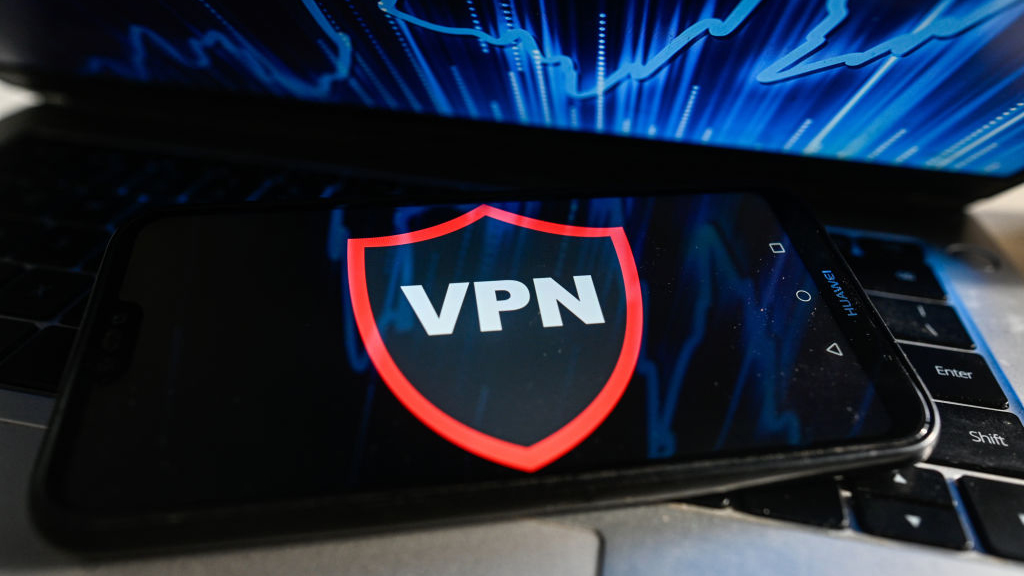- Google’s latest fraud advisory identified malicious VPNs as a growing threat
- Scammers disguise malware as legitimate VPN apps to steal user data
- Google urges users to download VPN only from official sources
Digital privacy is a growing concern these days, and millions of people are turning to virtual private networks to protect their online activity.
However, in a stark new warning, Google has confirmed that cybercriminals are exploiting this security need by distributing malicious apps disguised as legitimate VPN services. This creates a dangerous situation where a tool meant to be a shield is, in fact, a weapon used to steal sensitive user data.
The alert was issued as part of Google’s November 2025 fraud and scam advisory, which details the latest trends in online threats. In addition to warnings about AI-powered job scams and Christmas-themed phishing schemes, the advisory specifically points out the danger of fraudulent VPN apps and browser extensions.
The Big Tech giant warns that threat actors are impersonating trusted VPN brands or using attractive advertising to trick users into installing software that is secretly full of malware. For users trying to find the best VPN for their needs, this makes the selection process more critical than ever.
The irony is acute and worrying: in the quest for privacy, users can inadvertently download apps that make the ultimate invasion of privacy.
Once installed, these malicious applications can deliver dangerous payloads, including information stealers, banking trojans, and remote access tools that completely compromise user security.

The effectiveness of this scam lies in the abuse of trust. Users are conditioned to see a virtual private network (VPN) as a solution, not a threat.
Criminal ecosystems take advantage of this by creating apps that look legitimate, often listing them on official app stores and amassing fake reviews to appear trustworthy. But behind the friendly interface, these applications are designed to betray the user.
According to Google’s advisory, these fake VPNs can leak a trove of sensitive information, including your browsing history, private messages, financial credentials, and even your cryptocurrency wallet details.
This is not just a theoretical risk. Past security incidents have revealed free VPNs that were secretly spying on their users or had hidden ties to state actors. In one case, a popular free VPN Chrome extension with over 100,000 downloads was found to be taking screenshots of every website its users visited, including banking portals and private photo albums.
The lure of free services is a big part of the problem. While a recent TechRadar survey found that nearly one in four readers use free VPNs, many of these services come with significant risks.
Threat actors know that users are attracted to free or cheap downloads that promise to “just work” and use this to their advantage, turning the user’s device into a node in a criminal network.
How to protect yourself from fake VPNs
Since criminals actively target users concerned about their privacy, choosing a secure VPN requires diligence. Google’s main advice is Only download VPN apps from official sourceslike Google Play Store, and search for apps that have an official “VPN” badge.
However, these measures alone are not exactly bulletproof. For example, the malicious Chrome VPN extension was among the unreliable VPNs that managed to mistakenly obtain Google security badges.
Users should then be deeply skeptical of any VPN offer that sounds too good to be trueespecially free services that promise unlimited and unrestricted access. It is crucial for Examine the permissions an app requests during installation.; a VPN shouldn’t need access to your contacts, photos, or private messages.
Ultimately, the safest option is Trust reputable and well-established VPN providers. that have a transparent business model and a history of independent security audits. While some freemium VPNs from trusted brands are secure, a premium service is a small price to pay for the assurance that the tool you’re using to protect your privacy isn’t secretly destroying it.
According to TechRadar’s independent testing, Proton VPN Free, PrivadoVPN Free, and Windscribe Free are currently the best free VPNs in terms of security, privacy, and performance.
However, if you’re willing to invest some money, the ongoing Black Friday VPN deals make now the most convenient time to upgrade. Among the services offered, there is also TechRadar’s best choice, NordVPN…
Follow TechRadar on Google News and add us as a preferred source to receive news, reviews and opinions from our experts in your feeds. Make sure to click the Follow button!



